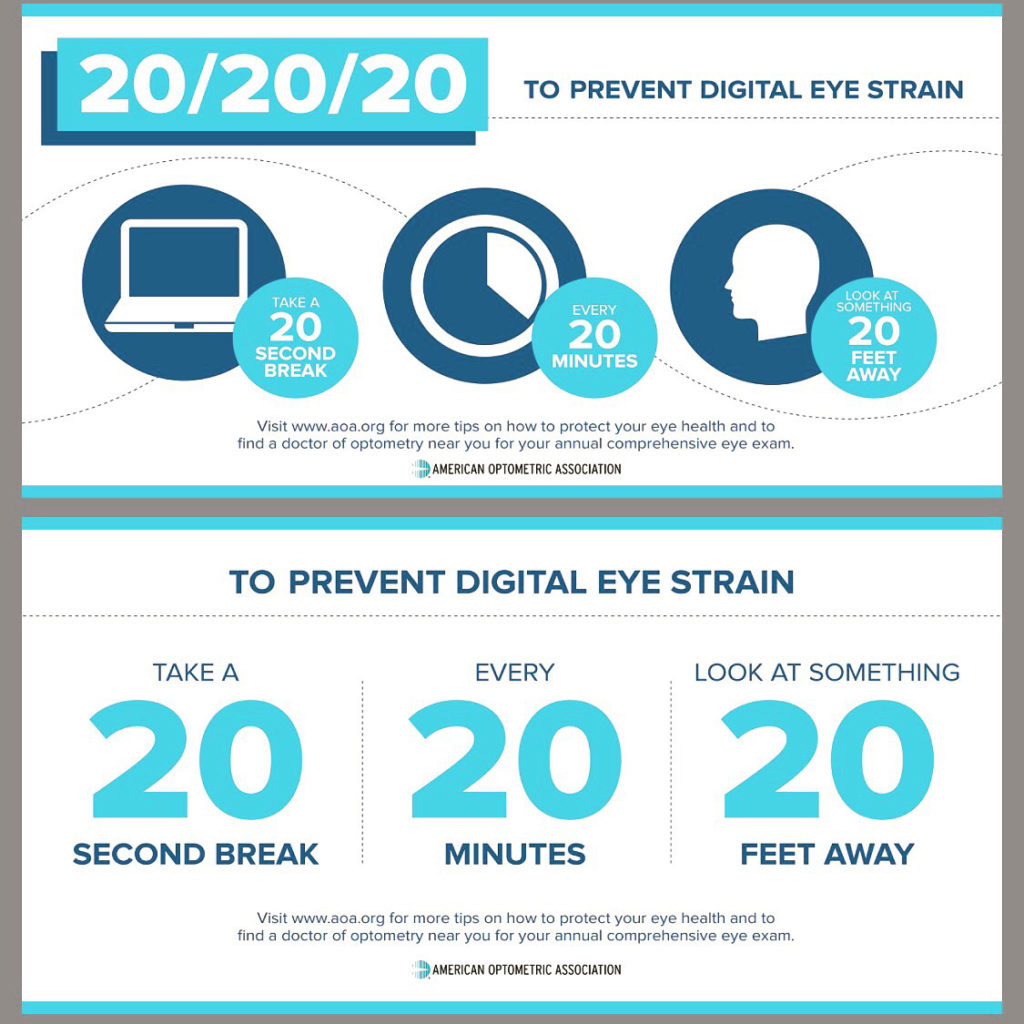How to Deal with Allergies While Wearing Contact Lenses
It’s allergy season!
For a lot of people, that means great news. It means more sun, longer days, and plenty of opportunities to get outdoors and enjoy the weather.
But for us mere contact lens wearers, it means war.
It means arming yourself with an endless amount of artificial eye drops, tissues, contact lens cases and your trusty yet embarrassing pair of glasses that you only bring on emergencies.
The American Optometric Association says that some 75% of those who wear contact lenses complain of allergy-caused eye irritation at some point.
If you suffer from any seasonal allergies at all, rest easy because you’re in plenty of company. In fact, allergies are the fifth-largest chronic condition across all ages among the “industrialized countries,” according to the science.
So, are we just going to lay down to these numbers and suffer the seasonal torture of sniffles and itchy eyes without a fight?
No no no! Not this year. This year you’re going to be ready.
You’re going to enjoy, no, love, going outside and getting blasted by the seemingly innocuous allergens that keep the world blooming–all the while wearing your contact lenses like a boss.
We’ve put together a list of tips and must-know facts that will help you deal with wearing contact lenses during allergy season. After reading it, there should be no reason to have to go back to wearing your glasses unless it affects you so badly to the point of being kryptonic. (is that even a word?)
Here’s our guide on wearing contact lenses comfortably…even during allergy season:
How to Prevent and Combat Allergies from Irritating Your Eyes
I’m sure you’ve heard this saying in medicine before, it’s said that “an ounce of prevention is worth a pound of cure.”
So, if you typically suffer from spring/summertime allergies that irritate your eyes as you wear contact lenses, the time to prepare is now.
Don’t wait for your allergies to flare up and take control when you know it’s just around the corner.
With that in mind, what can you do to prevent allergies?
- Know your allergies’ causes. What’s the deal with your allergies in the first place? Have you consulted with your doctor about what might be causing them, or are you simply looking for the best guess? Don’t “guesstimate.” When your allergies are significant enough to cause discomfort, ask your doctor about being precisely tested.
- Tip: After you know your allergies’ causes, look at the weather forecast to prepare yourself for the “heavily pollenated days”. Try visiting sites like Pollen.com to get a 5-day forecast and discover which allergens are in the air.
- Maintain good hygiene. That means washing your hands and face frequently especially when wearing contact lenses. It also applies to hair as well! Health.com recommends cleaning your hair out at night, especially if you use hair products like gel or mousse that make it more likely that you’ll trap pollen in throughout the night. No one wants to go to bed with their allergens still in their hair.
- Tip: While maintaining your own hygiene, be mindful of furniture and pets as well, especially if you let your fur babies get on the couch or sleep on your bed. Trust me, if pets had allergies they would look at bath time in a whole different light.
- Keep your relevant medications handy. It’s a great day when you can go outside in the full confidence that you’ve taken your proper prescriptions and you’re ready to tackle the great outdoors. If you become forgetful or neglectful? Suddenly that confidence washes away and you start to dread the sight of anything that’s beyond the comfort of a window.
- Tip: Spread and keep your allergy medicine in multiple areas where you spend most of your time, so they are accessible anywhere. Cars are not a great stash for medicine due to the temperatures they need to be kept around!
Eye-Irritating Mistakes to Avoid
Now here’s the part on how to deal with allergies while wearing contact lenses.
It’s not only about good hygiene and good allergy practices—though those are important. It’s also about what you don’t do with your eyes.
Here are a few of the key mistakes you’ll want to avoid if you want to keep your eyes feeling good while you wear contacts during allergy season:
- Too many screens. Or, more accurately, too much of one screen. Staring at screens tends to prevent blinking, which in turn dries out the eyes and makes them more susceptible to contact lens irritation.
- Instead: Try to take frequent breaks to reduce the strain on your eyes. Irritated or dried out eyes can amplify the effect of allergens so be weary of how dry your eyes are.
- Rubbing your eyes. When your eyes get itchy it may be tempting to rub them slightly to satisfy the urge. But by rubbing them you are spreading/pushing allergens deeper and possibly under your lenses which compounds the irritation and turns your eyes red.
- Instead of rubbing them: Use eyedrops specified for contact lenses to alleviate the itch and wash the allergens out of your eyes (not the redness relief drops). But don’t over-do it!
- Dirty contact lenses. When you have a contact lens allergy—that is, any allergy that can make contact lenses feel uncomfortable—don’t compound the problem with dirty contact lenses. Even if your brand of contact lenses allows for it, don’t wear lenses overnight. It’s best that you clean them properly with contact lens solution every night.
- Instead: Depending on how bad the pollen forecast is that day, you may want to keep a travel case of contact solution and lens case to “clean” your lenses mid-day. Remember to follow proper hygiene with clean hands and always use fresh solution. Here’s a resource on properly cleaning your lenses.
- Not listening to your eyes. Eyes red? Irritated? Contacts feeling painful? Your eyes are trying to tell you something; do them a favor and listen. If our tips above aren’t helping you win the battle against allergies, it could be because you’re tired that day, or that your allergen is especially rampant that day.
- Sometimes we fight the good fight, prepare as much as we can, but our bodies just aren’t responding properly. It’s okay! Try again the next day and switch to glasses if you absolutely must (noo!). Also try and talk to your eye doctor about your prescription or brand of lenses, there may be alternatives that can help you cope better during peak allergy season if it’s interfering with your life.
- Instead: Pay attention to what you’re allergic to and scout the forecast. If it’s especially difficult to devote the time to keep your lenses clean and maintained, look for a different type of contact lens to match your lifestyle.
The Best Types of Contact Lenses to Win Against Allergies
The best type of contact lenses to fight against allergies are the ones that fit comfortably, are affordable, and fit your lifestyle with how often you need to maintain and replace them.
If you wear hard contact lenses or rigid gas permeable lenses, we advise cleanliness as your top priority as you most likely will not be able to change to an alternative.
But if you are in the majority and wear soft contact lenses, here are the types of contact lenses that we advise you wear to make your spring and summer allergies more tolerable.
#1 Daily disposable contacts. Daily contacts are what doctors recommend the most when dealing with allergy symptoms. It doesn’t require any maintenance and follows our tips on proper hygiene to prevent allergens from building up on your contacts. You use them once a day and throw them out, simple!
- Cons: Daily contacts are typically the most expensive type of soft contact lenses due to their convenience. This may tempt you to off-set the cost by not keeping contact lens solution around, but for the sake of fighting against allergies, we recommend purchasing solution. While you may not need solution for overnight cleaning, we still advise having solution to clean them once mid-day for maximum allergy relief.
#2 Weekly disposable contacts. Weekly contacts come in second place. They are very cost friendly and are the most popular choice for contact lens beginners. If you wear weekly contacts, make sure to follow all the tips we listed above – they will benefit and help weekly users the most!
- Cons: Weekly contacts must be maintained when combating allergies. Since they last longer than dailies, more can go wrong in terms of hygiene and durability. But by cleaning them more than what doctors suggest, the material may wear out faster so be prepared to dispose of them before your usual replacement schedule.
#3 Monthly contacts. Unfortunately, monthly contacts come in last place. They are made with higher quality materials and come with only a few pairs per box since they were meant to last an entire month. That means the possibility of proteins, allergens, and microbes building up in each lens is much higher than the other types of contacts due to the length each lens was designed to last. This leaves much more room for user error in improper lens care and hygiene. Coupled with extended wear/flexible wear, which allows you to sleep with them in over-night, this type of lens can give the most irritating allergy experience.
- Cons: Although they are the most cost-effective, monthly contacts must be maintained the most. They leave the most room for allergens to build up and must be cleaned thoroughly. If possible, ask your doctor if you can switch from monthly contacts to weekly or daily just for the allergy season. It will come down to whether your prescription allows for a change and how comfortable they fit in your eyes.
What to Do When Your Eyes are Already Affected
Let’s say you’ve avoided the mistakes and done the best you can to keep your eyes in good shape. You’ve researched the allergy forecast, put on your contact lenses, headed outdoors and…your eyes are still irritated. What should you do to alleviate the pain and get your eyes back to normal?
The first thing you should do is to notice the symptoms:
- Red or dry eyes
- Eyes irritating, burning, stinging
- The feeling of a foreign object in your eye
- Blurred vision
- Excessive itchiness
Any of the above can be a hint that your eyes are starting to succumb to the allergies and that keeping the situation as-is will only maintain or even worsen the eye irritation.
So what should you do?
- Remove or replace your contact lenses. If any of the symptoms above seem extreme or abnormal, switch to glasses (boo!). This is the opposite of our goal with this post, but it’s important that you both maintain your vision and remove any irritants that can only make the situation worse.
- Look at the lens itself. Can you clean it in proper solution and try again? Does the irritation itself stop after removing your contact lenses? These are the key questions you need to ask. If the irritation continues well after removing your contact lenses, you’ll want to contact your eye health professional to find out if there are any deeper or underlying problems. (Remember to handle your contacts with clean, dry hands!)
- Invest in eye comfort. Sunglasses can reduce the strain on your eyes. Getting away from screens can reduce the strain on your eyes. Do what you can to get your eyes comfortable again, double-check whether your eyes are still irritated after removing the contact lenses, and evaluate. You may have to contact your eye care professional if nothing changes.
See Happy Be Happy
Whew, that’s it. That’s our advice on dealing with allergies while wearing contact lenses. Follow all the steps and tips above and you will be ready to face this spring/summer with confidence. But for those who can’t be bothered with applying them all just remember that:
Your contact lenses should be a source of comfort and confidence for you. They shouldn’t be the source of your irritation!
If you keep up with good habits and take proper care of your contact lenses, you should notice an improvement in your eye quality throughout the allergy season. But don’t be disheartened if allergies still bug you—just know the proper steps to take and keep working to find the solution that works best for you.
Subscribe to our email newsletter to get the latest posts delivered right to your email.





